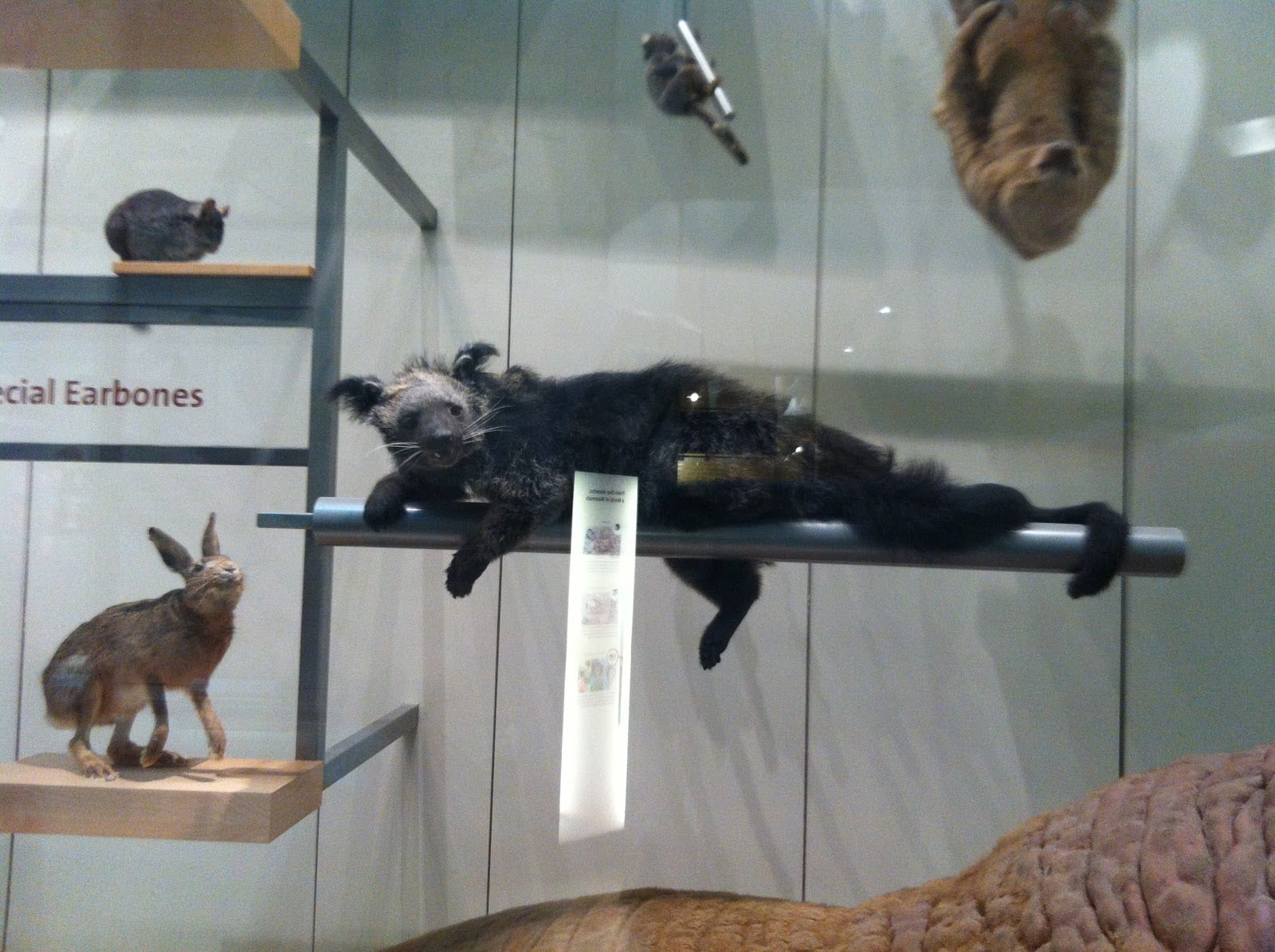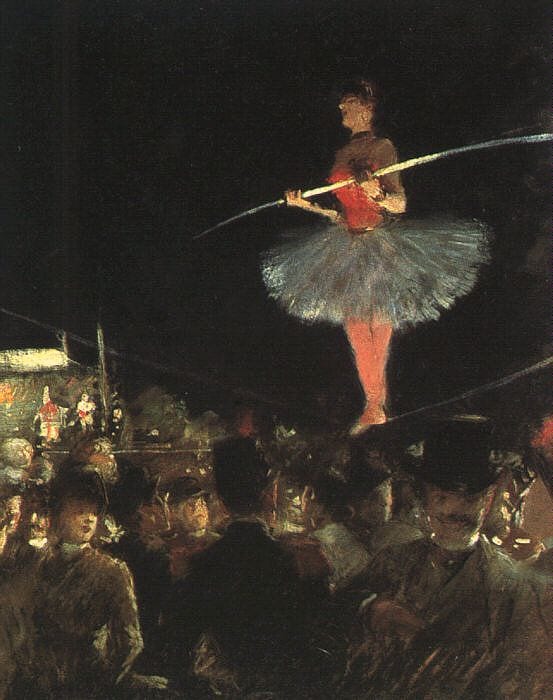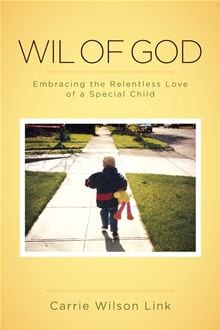Lola is comfortable in her own skin. Emotionally. By that, I mean to say that she is quirky, irreverent, and more than a little bit unique and she is perfectly okay with that. She has no desire to change the core of her personality to better fit anyone else’s idea of how she ought to dress or what she should find funny and she generally celebrates the ways in which she sees the world differently from most people.
She is occasionally terrifically uncomfortable in her own skin physically. She struggles with sensory perceptions in ways that I can’t possibly understand but have learned to recognize. She hates the volume of sound in a movie theater. She is overwhelmed by the lights and sounds and smells and people offering her samples at Costco. She is very particular about the kinds of clothing she is willing to wear and can be a little obsessive about making things “even.”
Over the years she has taught herself ways to accommodate and/or avoid the things that drive her batty and in many cases she has challenged herself to endure some very uncomfortable situations in an effort to desensitize herself. She has come a very long way in learning to tolerate things that were once unthinkable but a few sticking points remain.
She is terribly susceptible to motion sickness (but in one shining example of her courage and willingness to not let it diminish her experiences, she went on a three-day sailing trip with her class early in the school year and had a fabulous time despite some bouts with nausea).
She also struggles with transitions. I have written about this before, especially with respect to the transition out of the school year and into the summer and vice versa. We generally have a few days of teeth-grinding frustration before she can settle in to the new phase she has entered and it generally takes me by surprise despite the fact that it happens every year.
And so I ought to have considered that when Bubba and I decided to spring a surprise vacation on the girls for their mid-winter break. We planned the week in Hawaii with glee, whispering and snickering together about the major secret we were keeping. We orchestrated everything without them getting suspicious – arranging for the dog to be boarded and someone to housesit for us and yet another friend to hamster-sit – and the night before we were to leave we told them to pack their bags. We were heading to one of their favorite places for nine days and they had better dig out shorts and tanks and swimsuits.
They were ecstatic and so were we. We had managed to pull of an enormous coup! What fun.
And it has been, but by Day 3, Lola was a little on edge. She had spent two full days jettisoning herself between the ocean and the pool, lying in the sunshine reading and going for walks on the beach with Eve. Bubba and I were enjoying our newfound freedom now that the girls were responsible enough to go off together for a few hours at a time and we were soaking up every lazy moment.
As is their ritual, Bubba and Eve woke before sunrise and headed out for a beach walk together. Lola and I lazily made our way into our swimsuits and promised to join them shortly. And that’s when it hit. First, Lola complained that her hair wouldn’t stay down and she was clearly agitated. I rolled my eyes, dropped the beach bag and wet a washcloth thoroughly to plaster it down.
“As soon as it dries it’s going to stick up all over again!” she yelled. I shushed her, worried that she had just woken up the neighbors. She stomped her foot.
Then the strings on her bikini bottom made an “uncomfortable lump” underneath her shorts and she tugged and fussed and picked at it as enormous tears formed in her eyes. I shifted from one foot to the next, shushing her again so she wouldn’t bug the neighbors.
“I DON’T CARE ABOUT THE NEIGHBORS!” she shouted and I found myself at a crossroads. Mentally cataloguing the morning’s catastrophes, from itchy, sandy flip flops to hair disasters to sunburned shoulders to this, I realized what this was. My friend Michelle’s words appeared in my head:
Where there is (bad) behavior, there is pain.
Oh, yeah. This had all the earmarks of a classic SPD meltdown. Each of these petty things would normally not phase her. She wasn’t trying to be difficult. She was hurting.
I put down my bag again and joined her on the bed where she was face down, sobbing with spine-shaking gulps.
“I think that this might be what it looks like to be uncomfortable in your own skin. Do you think so?” I kissed her on the top of her head. She nodded emphatically.
“I-i-i don’t know what to dooooo,” she wailed pathetically and my heart broke open a little. For the moment, I could completely forget about whether Eve and Bubba were getting impatient with us. I had to help her.
“I’m sorry we sprung this trip on you and I know you want to enjoy it. I think that you are growing up a lot right now and maybe you’re a little too big to be in this skin anymore. You think?”
I asked her whether she wanted to picture herself as a snail who had outgrown its shell or a snake who needed to shed its old skin. She chose snail. And I had her close her eyes and breathe deeply three times.
“Picture yourself as a snail. Your shell can be any color you want and when you look next to you, you see a different, bigger shell. Take a minute to create that bigger shell in your mind’s eye. What colors does it have? What is its shape? Is it smooth or spiky? Long and lean or tall and round? Don’t tell me. Just picture it in your mind. Now take a moment to feel what it feels like to be in your current, small shell. It’s a little too tight and restrictive, isn’t it? I want you to take a deep breath in and when you let that breath all the way out, your old shell is just going to pop right off your back and roll to the side. When it does, I want you to look at it and silently thank it for protecting you all this time. Be grateful for all it was for you and let it know that it was important, but that you don’t need it anymore. Now, before you turn your attention to the new shell, I want you to focus on how great it feels to be out of the old one. It’s a little scary because you’re pretty vulnerable, but you’re safe for now. Just take some deep, deep breaths and stretch your self out into this new, open space with each exhale. When you’re ready, slip into your new beautiful shell and feel the cool, smooth inside that was made just for you. Take a moment to wiggle around in it and orient yourself. Feel how it’s not too heavy for your back and it feels expansive and comfortable. When you are ready, thank the new shell for being there and open your eyes.”
Lola sat up slowly and looked at me with a grin. “Thanks, Mom. I just needed to stretch my spirit.”
She got up, pulled a loose skirt over her bikini bottoms, slipped her feet into her flip flops and held out her hand.
Times like that are an important reminder for me that it is so much more vital to take the time and address how we feel when we’re feeling it than to try and shove those uncomfortable emotions out of sight. It took maybe three minutes to interrupt her obvious physical discomfort and turn it around and it was more than worth it. Maybe next time she’ll be able to do it herself. Maybe I’ll have to help a few more times before she’s got it down. I’m just grateful to have been given the gift of being her mom for now because I’m learning just as much as she is about what it takes to be sensitive in the world.












